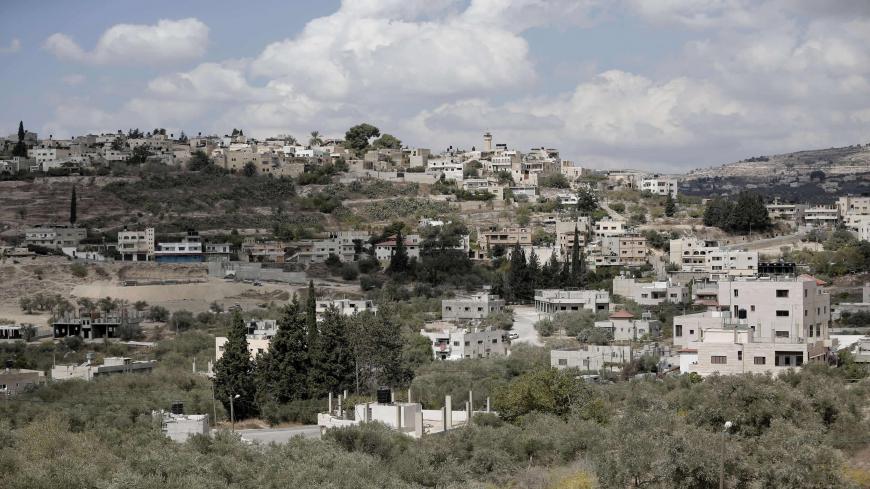The historical town of Sebastia is located on a 440-meter high (one-quarter of a mile) hilltop north of Nablus city and is known as the Palestinian capital of the Romans. The city, famous for its dozens of Roman archaeological pieces and sites, continuously faces attacks by Israeli settlers and the Israeli army, who have their eyes set on its archaeological sites.
In November 2020, Israeli authorities threatened to forcibly remove the 17-meter (56-feet) long Palestinian flagpole erected near the antiquities plaza in the town of Sebastia. The plaza itself is located in Area B of the West Bank, which is under Palestinian civil control and Israeli military control. Israel claims the flagpole provokes the settlers.



